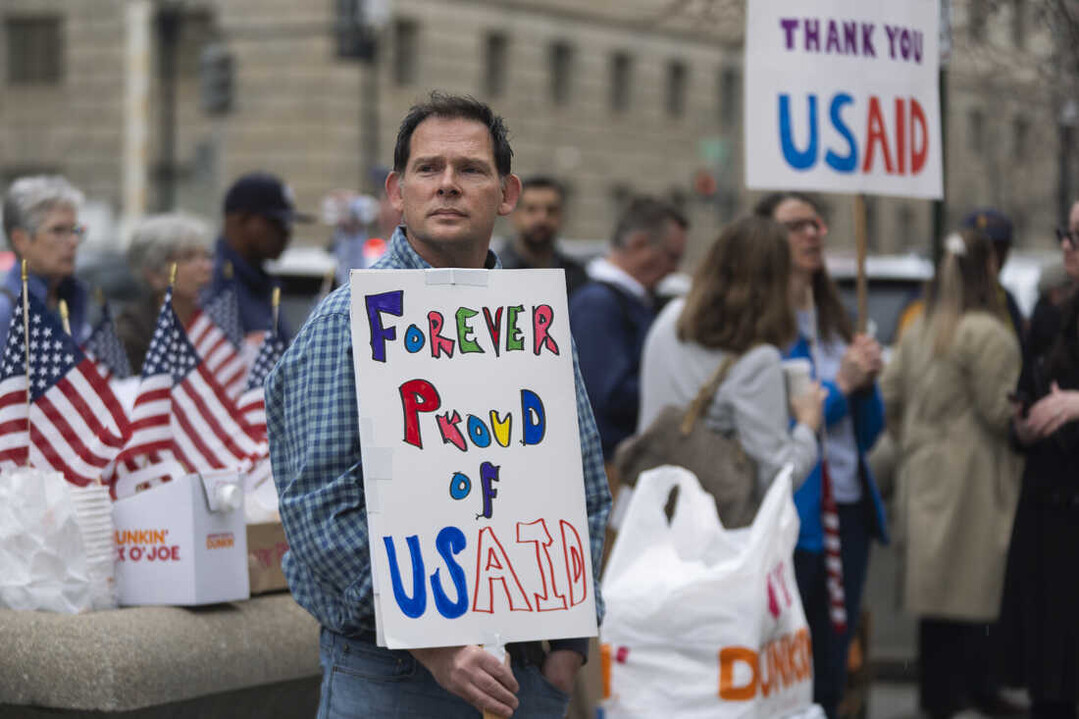
The recent freeze on U.S. foreign aid is causing significant repercussions worldwide. Middle- and low-income countries that have relied on aid for crime prevention and health are facing budget cuts and project disruptions. Organizations promoting U.S.-style democracy are also seeing their funding slashed, leading to operational paralysis.
According to the Washington Post (WP), drug eradication programs in Latin America have been suspended due to budget cuts to the State Department's Bureau of International Narcotics and Law Enforcement Affairs (INL). Colombia has seen the suspension of the International Criminal Investigative Training Assistance Program (ICITAP), and Ecuador has put a $7 million pier construction project on hold. In Mexico, about half of the INL-funded staff have been laid off, and fentanyl testing programs at ports have been reduced.
Some countries are seeking new partnerships to fill the void left by U.S. aid. Elisabeth Dickinson, a senior analyst at the International Crisis Group (ICG), suggests that Colombia may seek alternatives if the U.S. is not seen as a reliable partner, potentially exploring new technology and security partnerships with India, Turkey, or Middle Eastern countries.
NGOs and media outlets that have monitored human rights abuses in authoritarian states and promoted liberal democracy have also been hit hard by budget cuts. The Voice of America (VOA), an 83-year-old federal news organization, is facing closure, and the National Endowment for Democracy (NED), which has funded North Korean human rights groups, has seen its budget drastically reduced. Max Boot, a WP columnist, criticized the decision, stating, "Cutting off VOA funding only helps dictators. The vacuum Trump creates will be filled by Putin and Xi."
In Africa, the suspension of the President's Emergency Plan for AIDS Relief (PEPFAR) and the potential worsening of the refugee crisis pose direct threats to public health and stability. It is estimated that over 500,000 people could die in South Africa over the next decade due to the PEPFAR cuts. The withdrawal of U.S. funding, which accounted for 40% of the UNHCR's budget, is expected to exacerbate the already dire refugee situation in Africa.
However, some argue that the aid freeze could be an opportunity for recipient countries to become more self-reliant. Chihombori Quao, former African Union ambassador, stated, "Foreign aid disguised as humanitarian assistance is a wolf in sheep's clothing, as it leads to the incompetence of beneficiary governments. The Trump administration's decision should serve as a wake-up call for African leaders."
[Copyright (c) Global Economic Times. All Rights Reserved.]




























